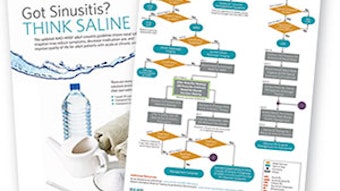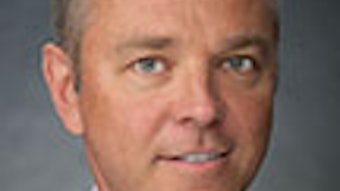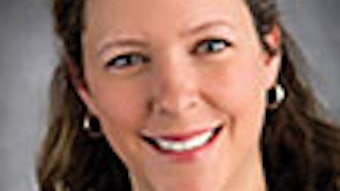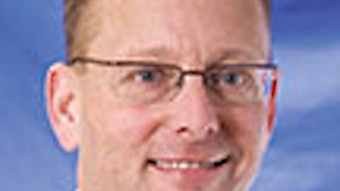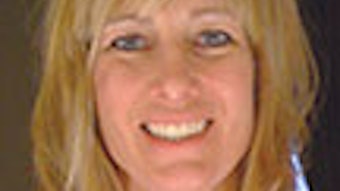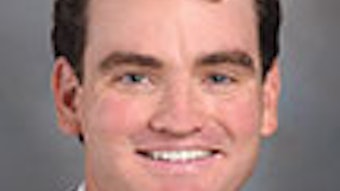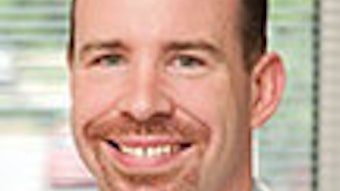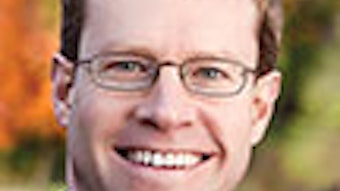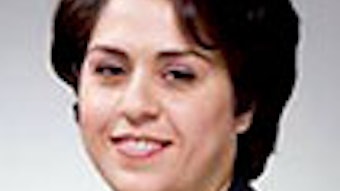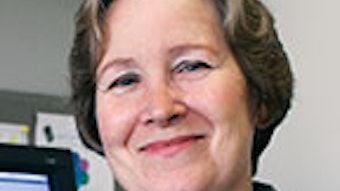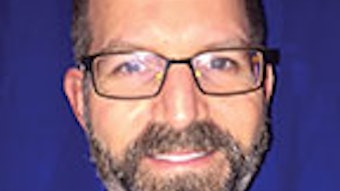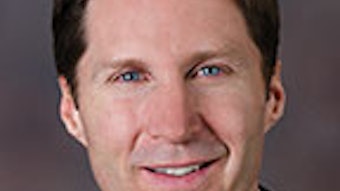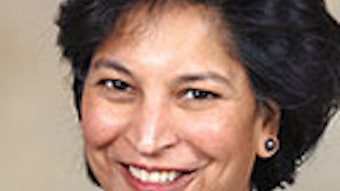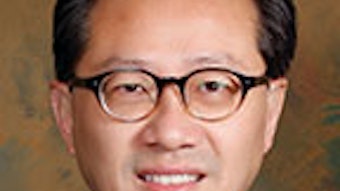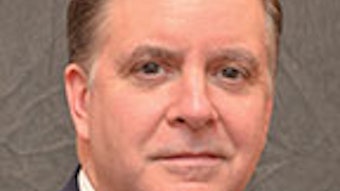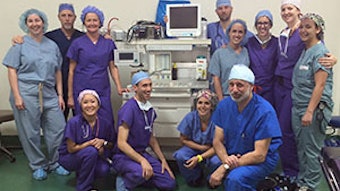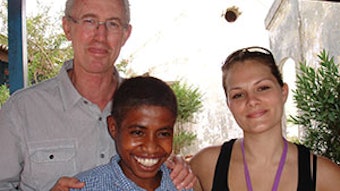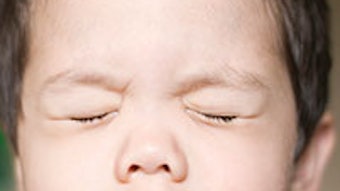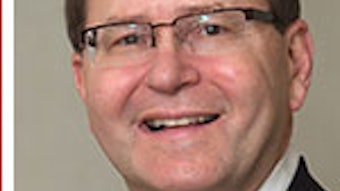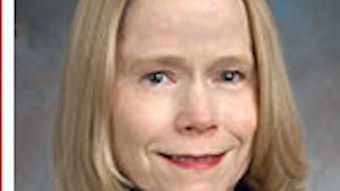CANDIDATE STATEMENTS: PRESIDENT ELECTMark K. Wax, MD
The strength of the AAO-HNS/Foundation lies in the active engagement of its Members. Our organization is a major representative of otolaryngology on the national level.

The strength of the AAO-HNS/Foundation lies in the active engagement of its Members. Our organization is a major representative of otolaryngology on the national level. What makes us strong is the widespread participation by the majority of otolaryngologists in this country. Our ability to unify the diverse subspecialty interests and maintain lines of communication with these groups is another fundamental basis of our strength. These groups each have expertise in many aspects of healthcare reform. My experience as treasurer, president, and executive member in many of these organizations will help to maintain the lines of communication and the collaboration within our specialty. I will continue to foster open communication and collaboration with all the specialty societies, utilizing their expertise to build consensus.
The continued evolution of healthcare reform is going to affect all aspects of otolaryngology practice. Utilizing our network of knowledgeable colleagues who are actively involved on local, state, or national levels, I think I can increase our political know-how to advocate in the best interest of our patients and Members. We must advocate for the best care for all, all the time.
When it comes to participation in the evolving healthcare reform landscape, we must be seen as competent to sit at the table. Our leadership in development of quality initiatives, clinical indicators, and evidence-based medicine will be instrumental in demonstrating the credibility and commitment to healthcare reform at a national level. By being in the forefront and having the information available, we will be leading the discussion as opposed to just participating. Already the AAO-HNS/Foundation involves as many Members of the Academy as possible in this program. My experience in the educational activities of the AAO-HNS/Foundation will allow me to navigate the process. I intend to bring in the best leaders from private practice, academia, administration, and the general Membership to form a strong front that can represent our patients and our interests.
Like all large organizations, we must adapt to keep resources and strategic goals of the Academy in alignment with the contemporary desires of our diverse Membership. Although data from electronic survey tools can be valuable, it has limitations and often face-to-face meetings of key stake holders is the best way to successfully steer major change within in the organization. While the Academy has wonderful leadership and dedicated staff it is important to engage the expertise of the Membership in a more direct fashion. I intend to convene forums where interested individuals can pursue and voice their opinion. Having sessions at the Annual Meeting or at state level meetings to garner opinions and feedback will allow us to apply the Academy resources in a way that will have the greatest impact on our Membership. Adding this important aspect to our meetings will allow us to correct deficiencies and keep abreast of evolving events. We must not remain static but evolve with the changing horizons of education, healthcare reform, and clinical practice.

